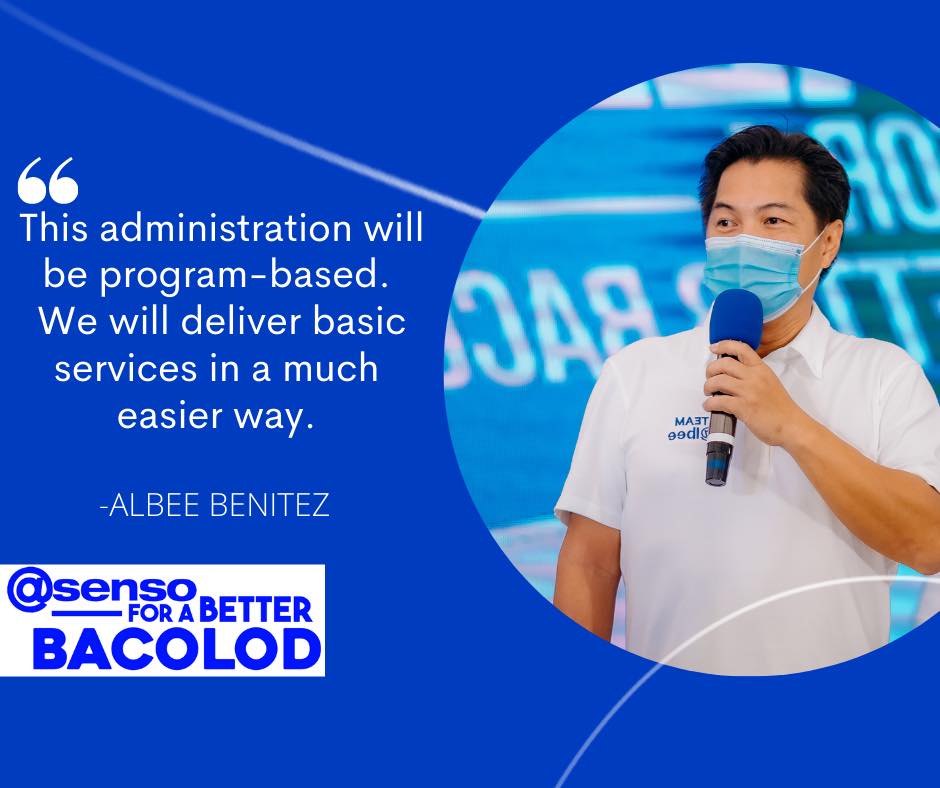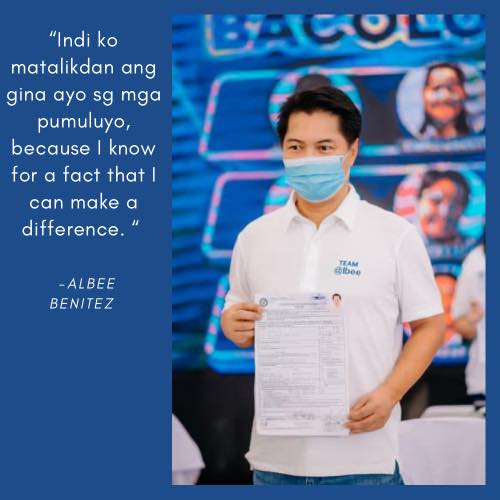House bloc seeks oil price spike safeguard in tax bill

By Jovee Marie de la Cruz - MAY 18, 2017
The House of Representatives’ 42-man Visayan bloc wants to include a provision in the Duterte administration’s tax-reform package suspending automatically the excise taxes on petroleum once crude oil hover around the $80-per-barrel mark.
In an interview with reporters, PDP-Laban Rep. Alfredo Benitez of Negros Occidental, head of the Visayan bloc, said automatic suspension of excise taxes on petroleum is needed to safeguard Filipino consumers.
“Protecting the consumers should be the foremost consideration, as oil-price increases have domino effects to the prices of basic commodities,” he said.
“We feel that this is an effective way to protect consumers from erratic prices of petroleum products. There should be a provision for automatic suspension in the implementation of the proposed tax on petroleum products,” Benitez said.
Lawmakers were given until 12 noon on Monday to submit their individual amendments to the Department of Finance-backed Tax Reform for Acceleration and Inclusion (Train).
He said the bloc will include the provision on automatic suspension in the list of amendments it want to be included in the tax package.
The main intention of House Bill 5636 is to exempt workers earning P250,000 from paying personal income taxes (PIT).
To recover the government revenue losses from lower PIT, the bill also expands the value-added tax (VAT) base, adjusts excise taxes on petroleum and automobiles, and eases the rates of estate and donor’s taxes.
The measure imposes the following tax rates: Leaded premium gasoline, per liter of volume capacity, from P5.35 to P7 in 2017, P9 in 2018; and P10 in 2019; unleaded premium gasoline, per liter of volume capacity, from P4.35 to P7 in 2017, P9 in 2018 and P10 in 2019; aviation turbo jet fuel, per liter of volume capacity, from P3.67 to P7 in 2017, P9 in 2018 and P10 in 2019, kerosene, per liter of volume capacity, from P0.00 to P3 in 2017, P5 in 2018 and P6 in 2019.
Diesel fuel oil, and on similar fuel oils having more or less the same generating power, per liter of volume capacity, from P0.00 to P3 in 2017, P5 in 2018 and P6 in 2019; liquefied petroleum gas, per liter, from P0.00 to P3 in 2017, P5 in 2018 and P6 in 2019; asphalts, per kilogram, from P0.56 to P3 in 2017, P5 in 2018 and P6 in 2019; bunker fuel oil, and on similar fuel oils having more or less the same generating power, per liter of volume capacity, from P0.00 to P3 in 2017, P5 in 2018 and P6 in 2019.
The bill, however, said that for three years, not more than 40 percent of the yearly incremental revenues generated from the proposed petroleum excise tax shall be allocated to fund social benefits programs and granting of fuel vouchers to qualified transport franchise holders.
The measure also said that, for the same period, the remaining yearly incremental revenues shall be allocated for infrastructure, health, education and social-protection expenditures.
Sugar
Besides amendments to the excise tax on petroleum products, Benitez said the Visayan bloc will ask the leadership to cut the imposition of P10-per-liter tax on sugar-sweetened beverages (SSBs) to P5.
“We fear that the P10 proposal is too high and may kill the local sugar industry. We will propose this to [be] slash[ed] by half,” Benitez said.
A P10-per-liter tax, he added, is a big burden to tens of thousands of sugar farmers.
Under the bill, SSBs shall be levied an excise tax of P10 per liter of volume capacity, subject to yearly 4 percent rate increase after the effectivity date of January 1, 2018.
The bill refers to SSBs to a non-alcoholic beverage that contains caloric sweeteners or added sugar or artificial/noncaloric sweetener. It may be in liquid form, syrup or concentrates, or a solid mixture, that is added to water or other liquids to make a drink.
SSBs include soft drinks, soda, pop, soda pop; nonalcoholic flavored carbonated or noncarbonated beverages, fruit drinks, sports drink, sweetened tea and coffee drinks and energy drinks.
The bill, meanwhile, said there shall, likewise, be allocation from sugar-sweetened beverage excise tax revenue where 85 percent of the tax collection shall be allocated for government priority programs, while the remaining shall fund for the welfare and benefit of sugar planters/farmers.
Related Stories:
@senso for A BETTER BACOLOD
Ang isa sa akon mga handom para sa Bacolod.


Ako ang kapitan sg sini nga barko. Indi ini magkadto sa wala ukon sa tuo, kundi derecho sa direksyon sang pagbag-o sang gobyerno para sa kaayuhan sang Bacolodnon.


